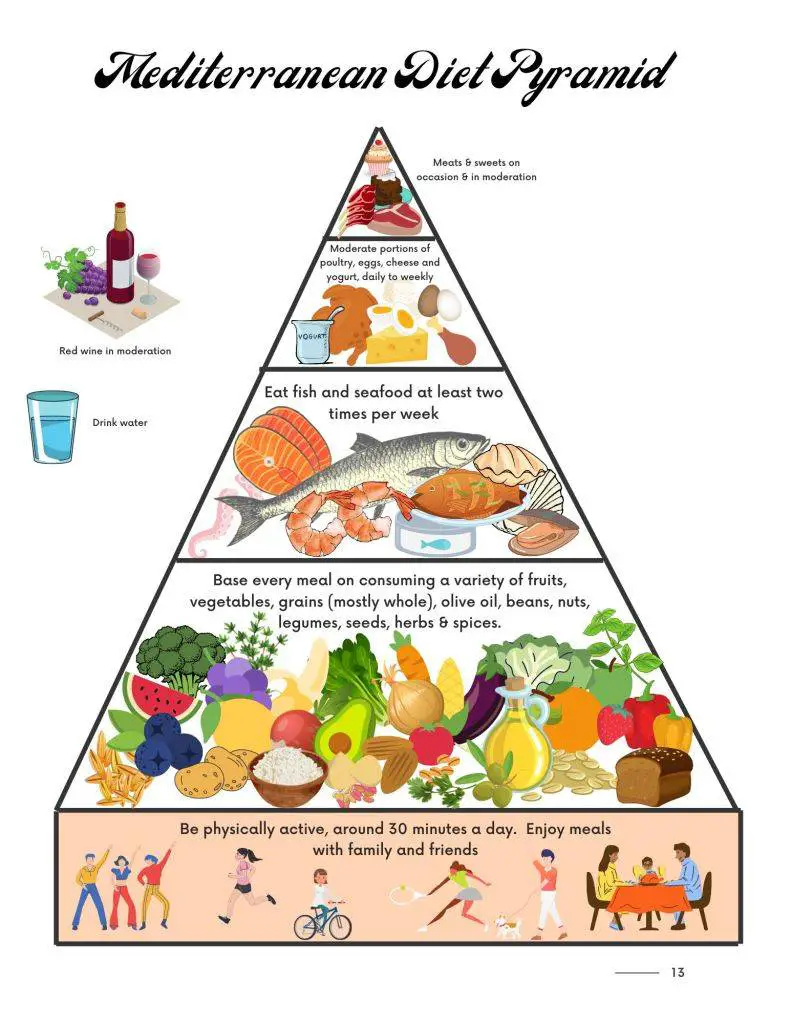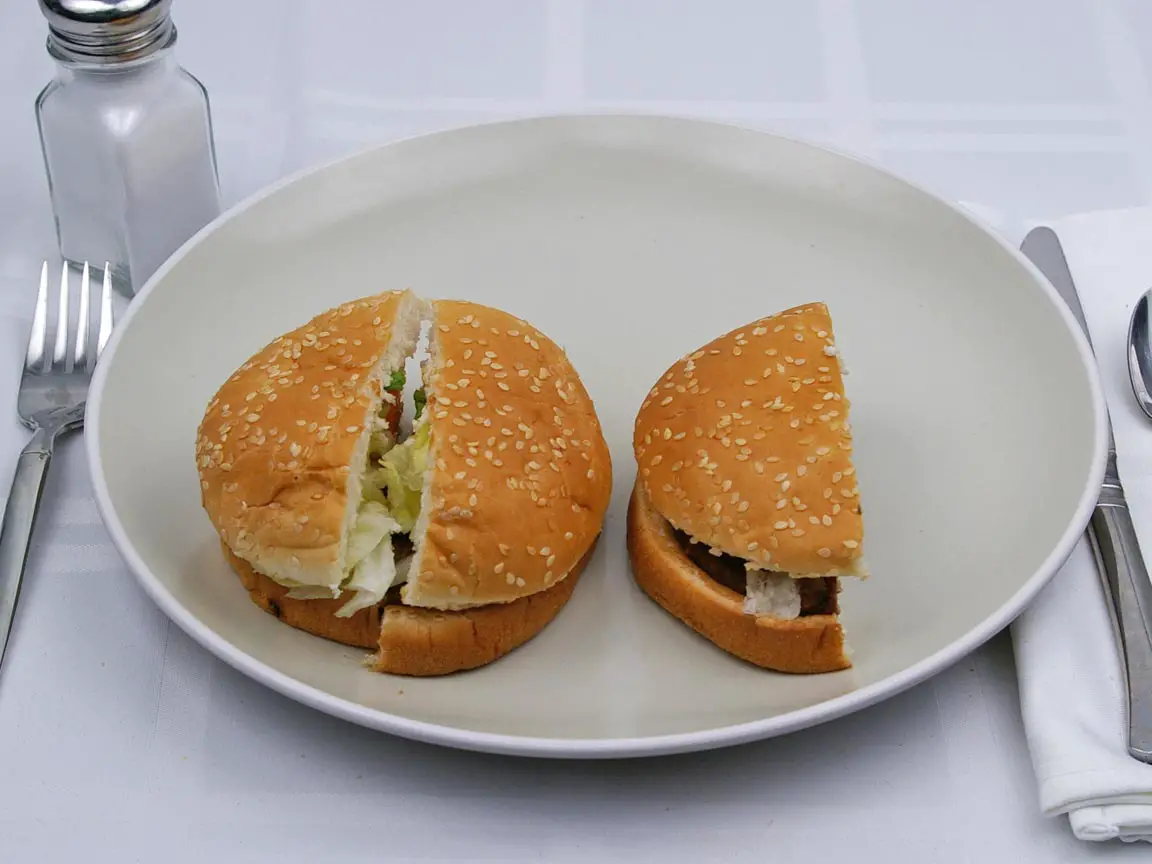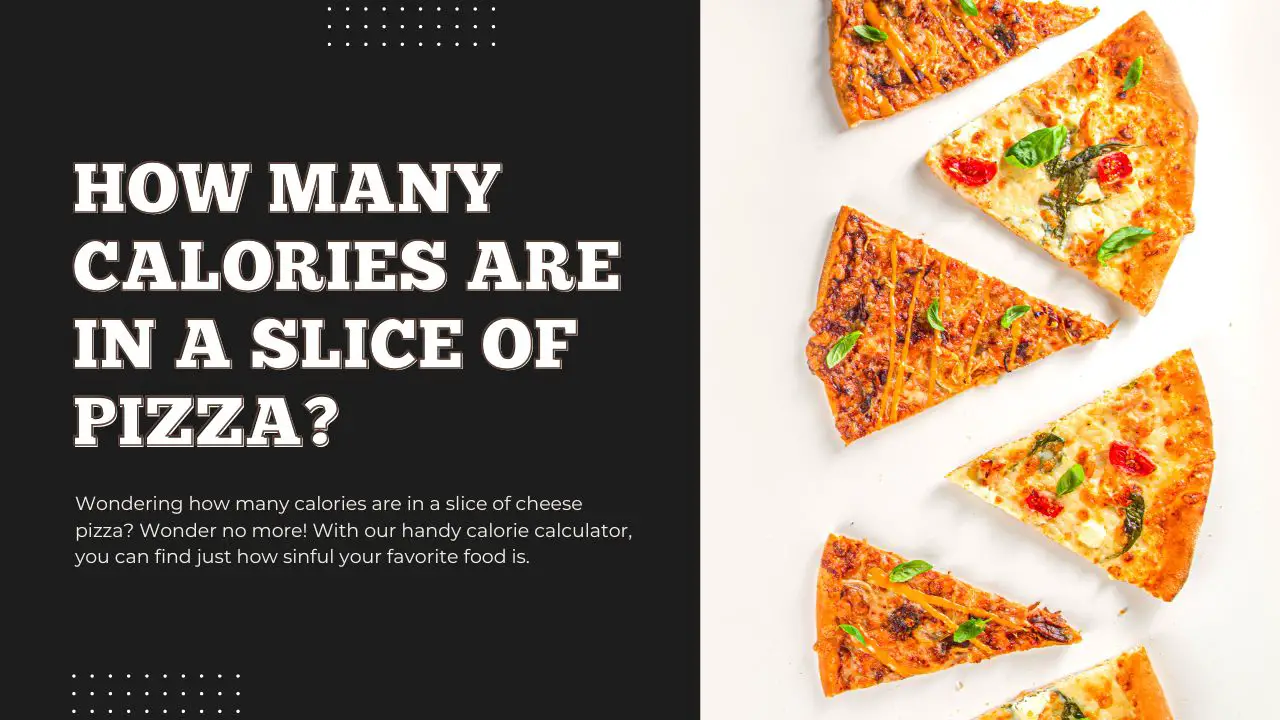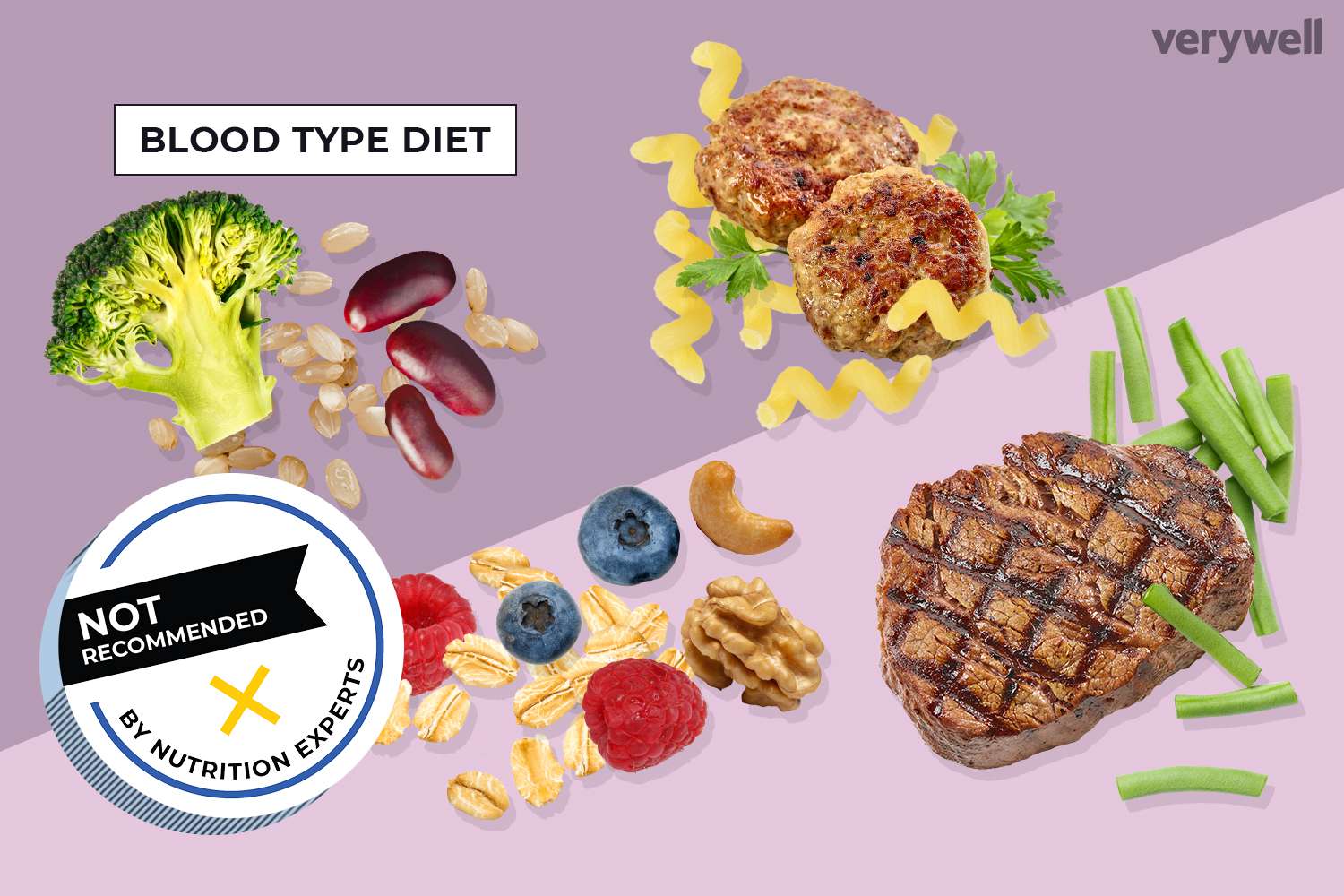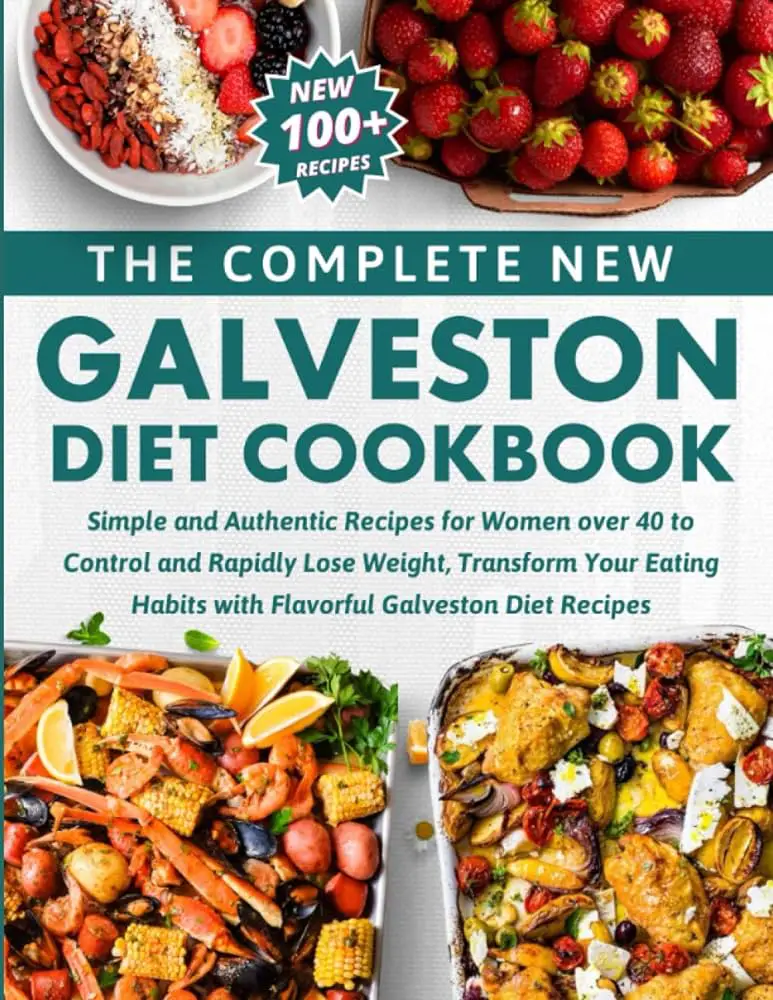Foods not allowed on the Mediterranean diet include processed meats, refined grains, and sugary drinks. The Mediterranean diet is a healthy eating pattern that focuses on whole, unprocessed foods and limits processed and sugary items.
It is rich in fruits, vegetables, whole grains, legumes, nuts, seeds, and olive oil, while also including moderate amounts of fish, poultry, and dairy products. This diet emphasizes the consumption of nutrient-dense, low-calorie foods, and discourages the intake of processed and sugary options.
By following the Mediterranean diet, individuals can promote heart health, reduce the risk of chronic diseases, and maintain a healthy weight. Understanding which foods to avoid is crucial for successfully adhering to this beneficial eating plan.
Prohibited Foods
Prohibited Foods:
Red meat and processed meat should be avoided on the Mediterranean diet. These include beef, pork, and lamb, as well as deli meats, sausages, and bacon. They are high in unhealthy saturated fats and can increase the risk of heart disease and other health issues.
Added sugar and sweets are also off-limits. This includes sugary beverages, candies, pastries, and desserts. These foods are high in calories, contribute to weight gain, and can lead to various chronic diseases.
Refined grains, such as white bread, pasta, and rice, should be limited. They lack essential nutrients and fiber, and can cause spikes in blood sugar levels.
Processed foods and refined oils should be avoided as well. These include packaged snacks, frozen meals, and vegetable oils like soybean and corn oil. They contain unhealthy trans fats and can contribute to inflammation and heart disease.
Alternatives
The Mediterranean diet emphasizes the consumption of fresh, whole foods that are rich in nutrients. While this diet encourages a variety of foods, there are a few that are not typically included. Here are some alternatives you can consider for specific food categories:
- Plant-Based Proteins: Legumes such as beans, lentils, and chickpeas can be excellent sources of protein.
- Natural Sweeteners: Instead of refined sugars, opt for natural sweeteners like honey or maple syrup.
- Whole Grains: Replace refined grains with whole grain options such as brown rice, quinoa, and whole wheat.
- Healthy Fats: Choose healthy fats like avocados, nuts, and olive oil over saturated and trans fats.
By making these swaps, you can ensure that your diet aligns with the principles of the Mediterranean diet while still enjoying a wide variety of delicious and nutritious foods.
Health Effects
Discover which foods to avoid on the Mediterranean diet for optimal health effects, including saturated fats, processed meats, refined grains, and added sugars. Stay nourished with healthy alternatives like fruits, vegetables, whole grains, lean proteins, and olive oil.
| Avoided Foods | Health Effects |
| Processed meats | Reduction in heart disease risk |
| Sugar-sweetened beverages | Lowered chances of obesity and diabetes |
| Refined grains | Enhanced weight management and gut health |

Credit: recipehippie.com
Cooking Tips
Mediterranean diet emphasizes whole foods, such as fruits, vegetables, whole grains, and lean proteins. For cooking tips, when it comes to substituting prohibited foods, use olive oil instead of butter. Try using herbs and spices to add flavor, and include plenty of fresh vegetables in your recipes.creative ways to incorporate Mediterranean diet principles.
Challenges And Solutions
Dealing with cravings: It can be challenging to resist unhealthy foods while on the Mediterranean diet. However, focusing on nutrient-dense options and incorporating flavorful herbs and spices can help satisfy cravings.
Eating out on the Mediterranean diet: When dining out, opt for grilled seafood or lean meats, and choose dishes with plenty of vegetables. It’s important to avoid fried and processed foods that do not align with the Mediterranean diet.
Research And Insights
Discover the foods that are not allowed on the Mediterranean Diet and learn how to make healthier choices for your nutrition. Gain valuable insights into maintaining a balanced and wholesome eating pattern.
| Studies evaluating the Mediterranean diet: |
| The Mediterranean diet is backed by numerous research studies. |
| Research shows its benefits for heart health and overall well-being. |
| People following this diet have lower risks of chronic diseases. |
| Nutritional comparison of prohibited foods and alternatives: |
| Foods like processed meats and sugary snacks are restricted. |
| Healthier alternatives include fresh fruits, vegetables, and whole grains. |
| Switching to whole foods promotes better health and longevity. |

Credit: www.mediterraneandietmealplans.com
Frequently Asked Questions On What Foods Are Not Allowed On The Mediterranean Diet?
What Are The Foods To Avoid On The Mediterranean Diet?
Some foods to avoid on the Mediterranean diet include processed meats, refined grains, and added sugars. These items are not in line with the whole-food, plant-based focus of the diet and may detract from its potential health benefits.
Is Red Meat Allowed On The Mediterranean Diet?
While not strictly forbidden, red meat is not a primary feature of the Mediterranean diet. It’s generally consumed in smaller quantities and less frequently than other protein sources, such as fish and legumes.
Can I Consume Sweets And Desserts On The Mediterranean Diet?
Although treats are not off-limits, the Mediterranean diet recommends limiting sweets and desserts. Fruit is often the preferred choice for a sweet fix, while traditional Mediterranean desserts tend to be based on natural ingredients like nuts and honey.
Conclusion
Discovering which foods are not allowed on the Mediterranean diet can be a game-changer in your health journey. By avoiding processed foods, sugary drinks, and refined grains, you can enhance your overall well-being. Embrace the rich flavors of whole, nutrient-dense foods for a vibrant and fulfilling lifestyle.







